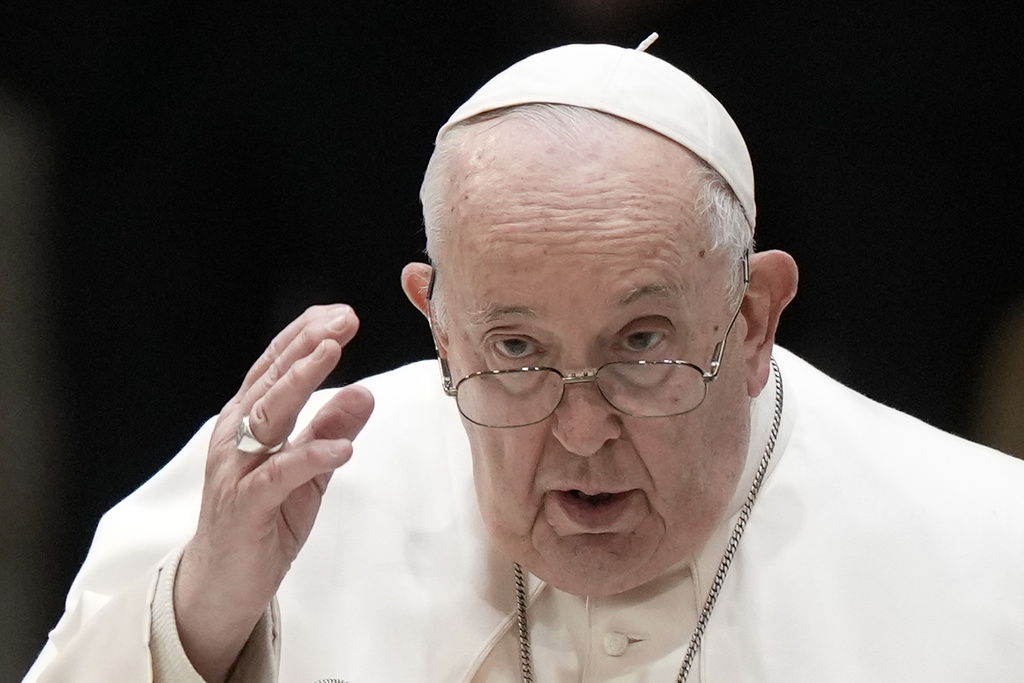Despite media headlines suggesting there are imminent changes and breakthrough decisions about the Church paving the way to begin blessing same-sex unions, the reality is actually completely different. In fact, the Vatican’s declaration “Fiducia supplicans” has decisively closed the path to liturgical and ritual blessings for same-sex unions.
The headlines were aimed at attracting attention and readership, and in many cases, they were designed to mislead readers who do not delve beyond sensationalist titles.
In truth, from the perspective of internal Church politics, the declaration is a thoughtfully crafted document. It is unlikely to please those segments, especially in some Western European Churches, who wished for liturgical or at least ritualized blessings for couples in irregular unions, including same-sex relationships.
According to the Congregation for the Doctrine of the Faith’s declaration, any blessings for couples in irregular unions and same-sex couples that resemble the liturgy of the sacrament of marriage or the ritual of blessing spouses, are expressly excluded. Also excluded is the granting of any official form of blessing to individuals in such relationships during liturgical celebrations or in combination with entirely secular ceremonies, such as a civil marriage.
The declaration sets out to avoid confusion, scandal, or any suspicion of weakening the Church’s traditional teaching on marriage, including any suggestion that the Church allows some form of moral legitimization of practices that involve same-sex unions or extramarital sexual practices.
Pope Francis, however, does allow for something that the Church has always permitted: the value of ordinary, spontaneous, individual, non-liturgical, and non-ritual blessings, which anyone, including those in same-sex or irregular unions, can receive upon request. This form of blessing is not an endorsement of their union or sexual relationship but is a more profound understanding of blessing, one of the most widespread sacraments in the Church. According to the pope’s wishes, such blessings are an important pastoral resource and should be offered by pastors without preconditions or moral analysis of those requesting them.
The declaration, therefore, makes it clear that there will be no proposed or recognized liturgy or celebration for blessing same-sex or irregular unions, which lack moral approval in the Church’s teaching.
Instead of introducing radical changes, the pope reminds and refreshes the traditional teaching of the Church on the role and place of blessings in the piety and spiritual experience of the faithful, encouraging them to use it as a manifestation of God’s mercy and grace.
As a result, individuals in irregular or same-sex unions learn from the declaration that, like all faithful, they are accepted and blessed in the Church as individuals, regardless of their lifestyle, but this does not change the fact that their lifestyle cannot be sanctioned by the Church’s blessing. This clarification brings comfort to some, satisfaction to others, and for many, it is either insufficient or disappointing.






